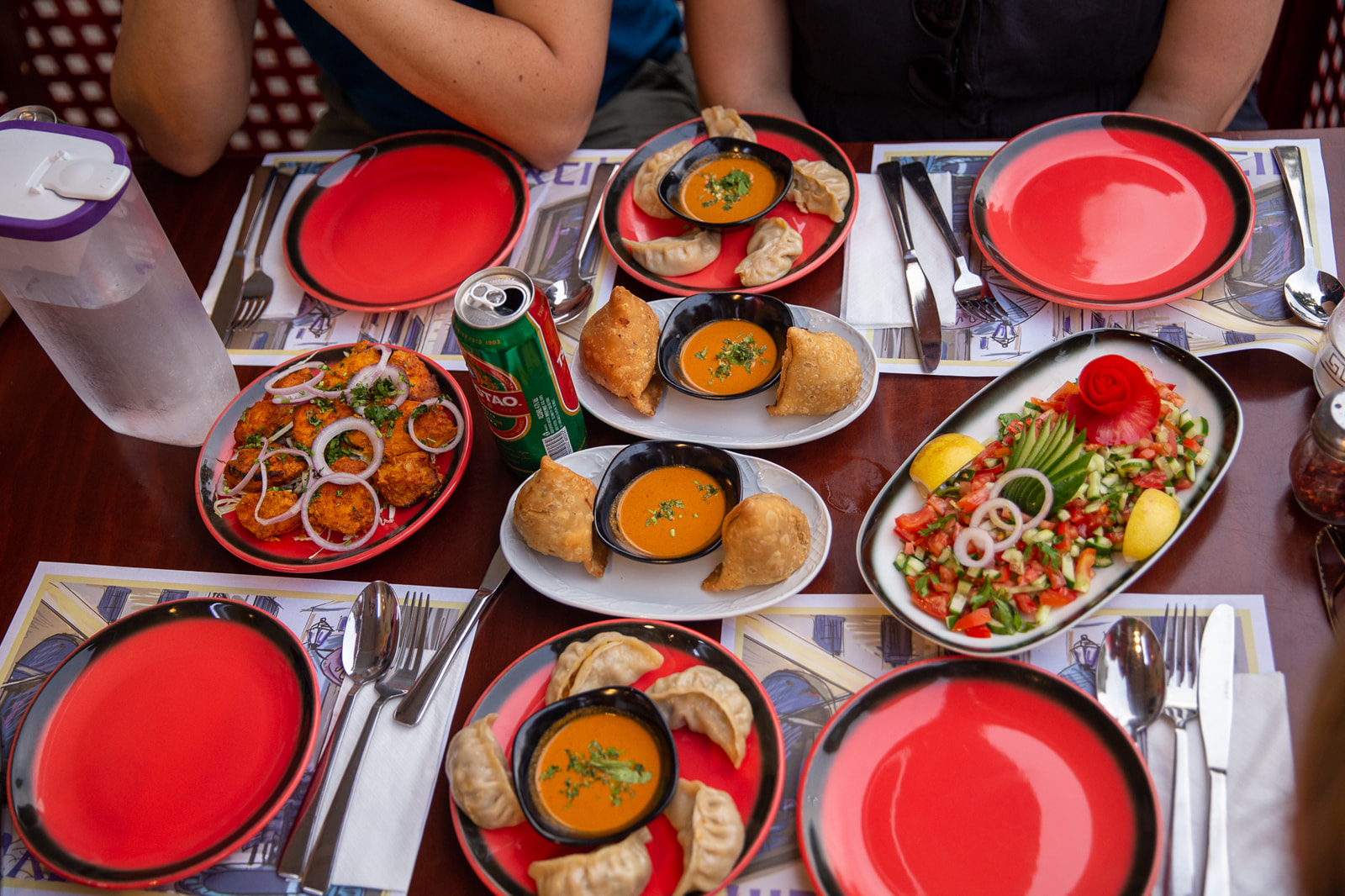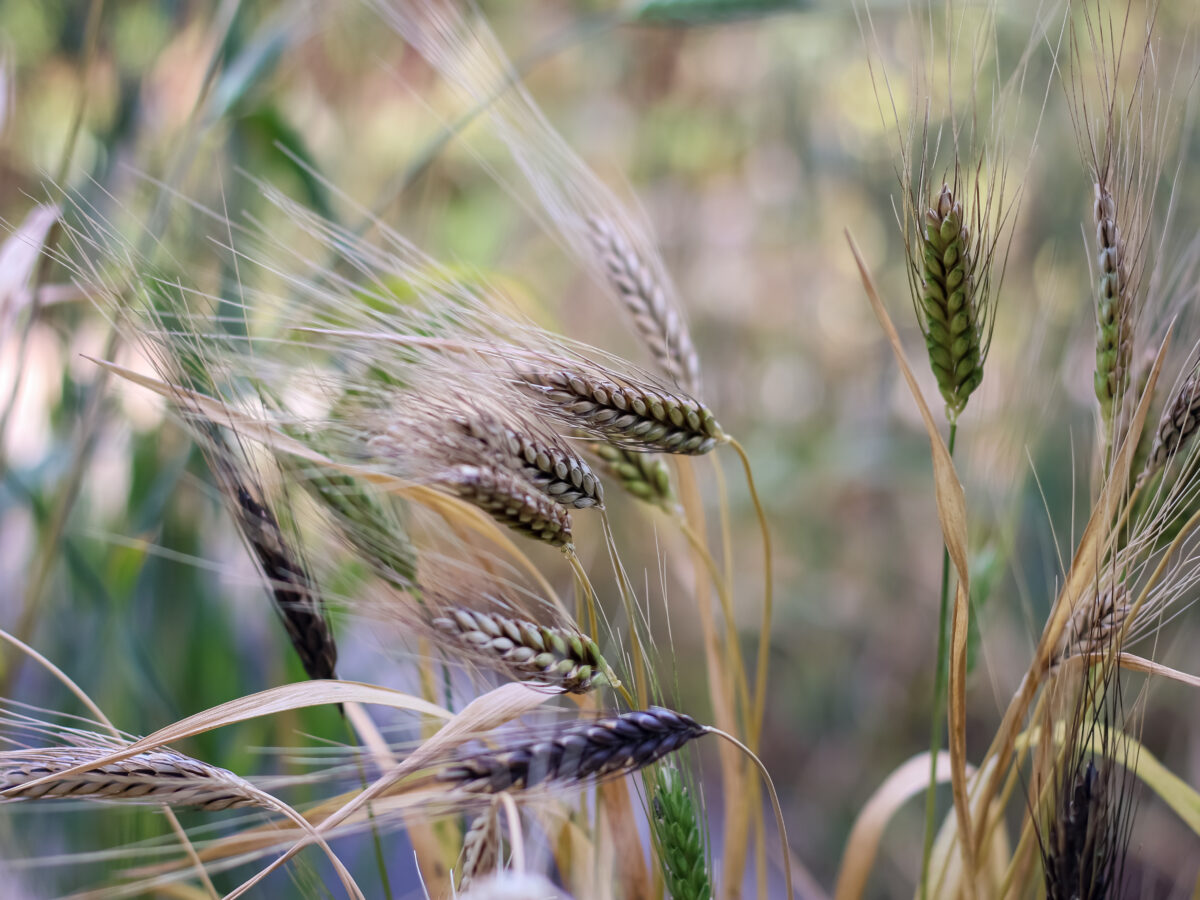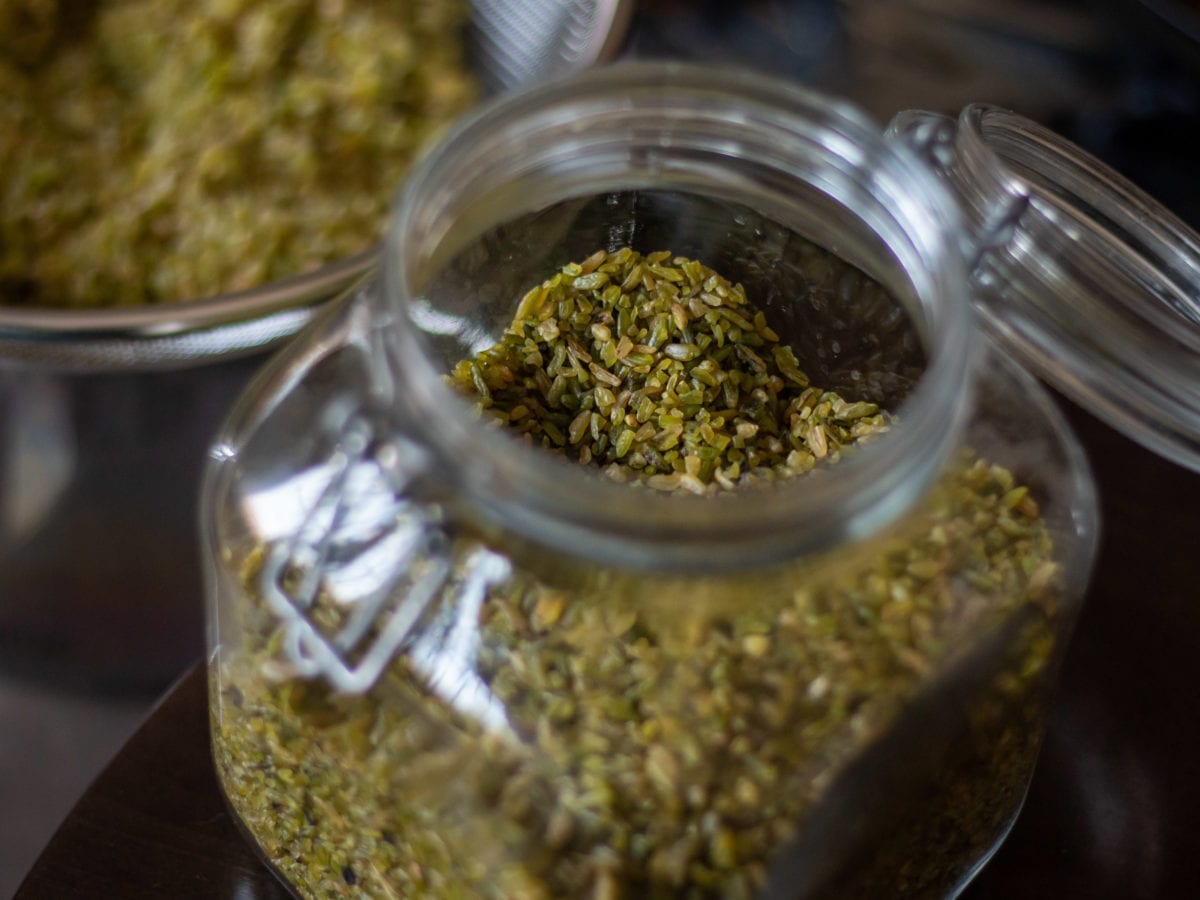One cannot stroll through Jerusalem’s Machane Yehuda market, the alleyways of Akko or the Levinsky market in Tel Aviv, without coming across cheerful, sometimes slightly inebriated groups. Their guide will stop every few minutes so guests can snack on or sip whatever the stall or shop offers and then it’s on to the next stop.
This might seem hedonistic to an onlooker — and sometimes it is —but there are also tour guides across the country dedicated to providing more than just food to their guests, they want to inspire, break down barriers, and introduce their guests to unsung culinary heroes. We tracked down some of the best of them including one to forage with in the Judean Hills, another who leads chefs on geopolitical culinary walks through East Jerusalem, and one who can show you the way to freshly-prepared Filipino food in a bus station.
Na’ama Eliyahu Tour of Tel Aviv’s Central Bus Station
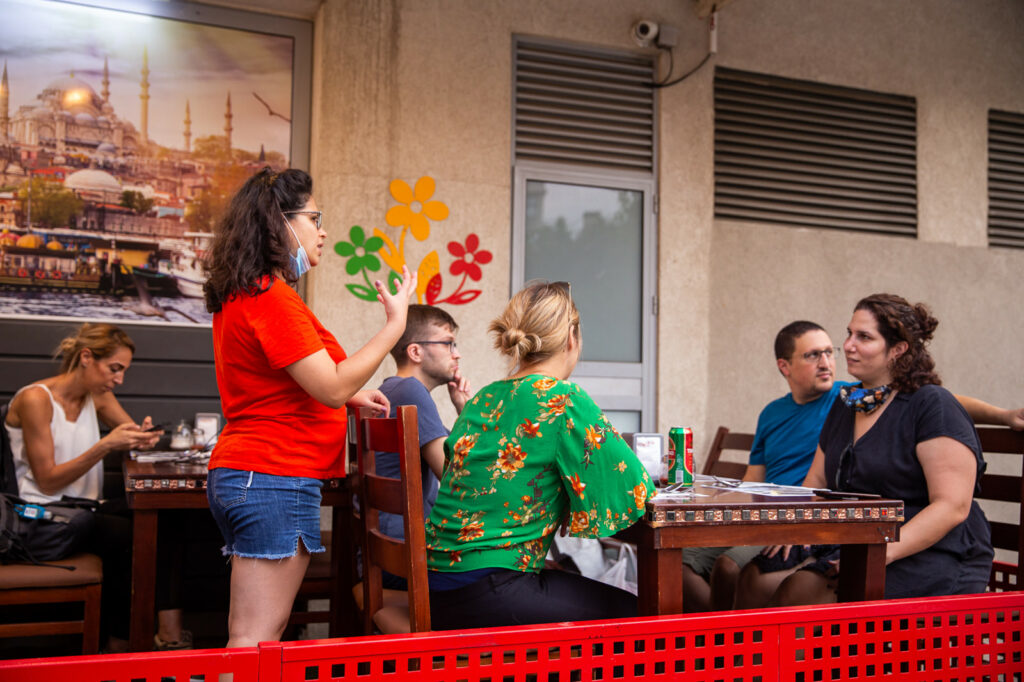
When following Na’ama Eliyahu through Tel Aviv’s Central Bus Station, you’re faced with cravings in an unexpected place while you take in the complicated story of the area. Eliyahu has a long acquaintance with the Far East — she visited the region for the first time after her military service and kept returning, eating and experiencing along the way. When she returned to Israel, she discovered the vast culinary treasures hidden in the backyard of her childhood, the Neve Sha’anan neighborhood in Tel Aviv. She found interesting restaurants and characters — but unfortunately, no food market. So, she decided to start a pop-up market with stalls run by Asian immigrants living in Israel.
After Covid, she began organizing food tours for a culinary crowd, and today she leads even veteran Tel Avivians through the micro-city of the Old and New Central Stations. The diversity, colorfulness, and weekend crowds are jaw-dropping, and Eliyahu wants tour guests to taste, but also listen to what she has to say about the powers that brought the area to its present state of decrepitude. The food reflects the circumstances in which these foreign cultures exist in Tel Aviv: Chinese food is served in a backroom while a lively card game takes place in the adjacent table, Filipino food is found in the semi-deserted building of the New Central Station, a refreshing Vietnamese salad is enjoyed by Filipino caregivers as they indulge in a karaoke set on their day off. It is a local culture within a culture that deserves attention. Eliyahu dreams that Tel Aviv will one day have a Chinatown of its own, and she shares her vision and enthusiasm with her guests.
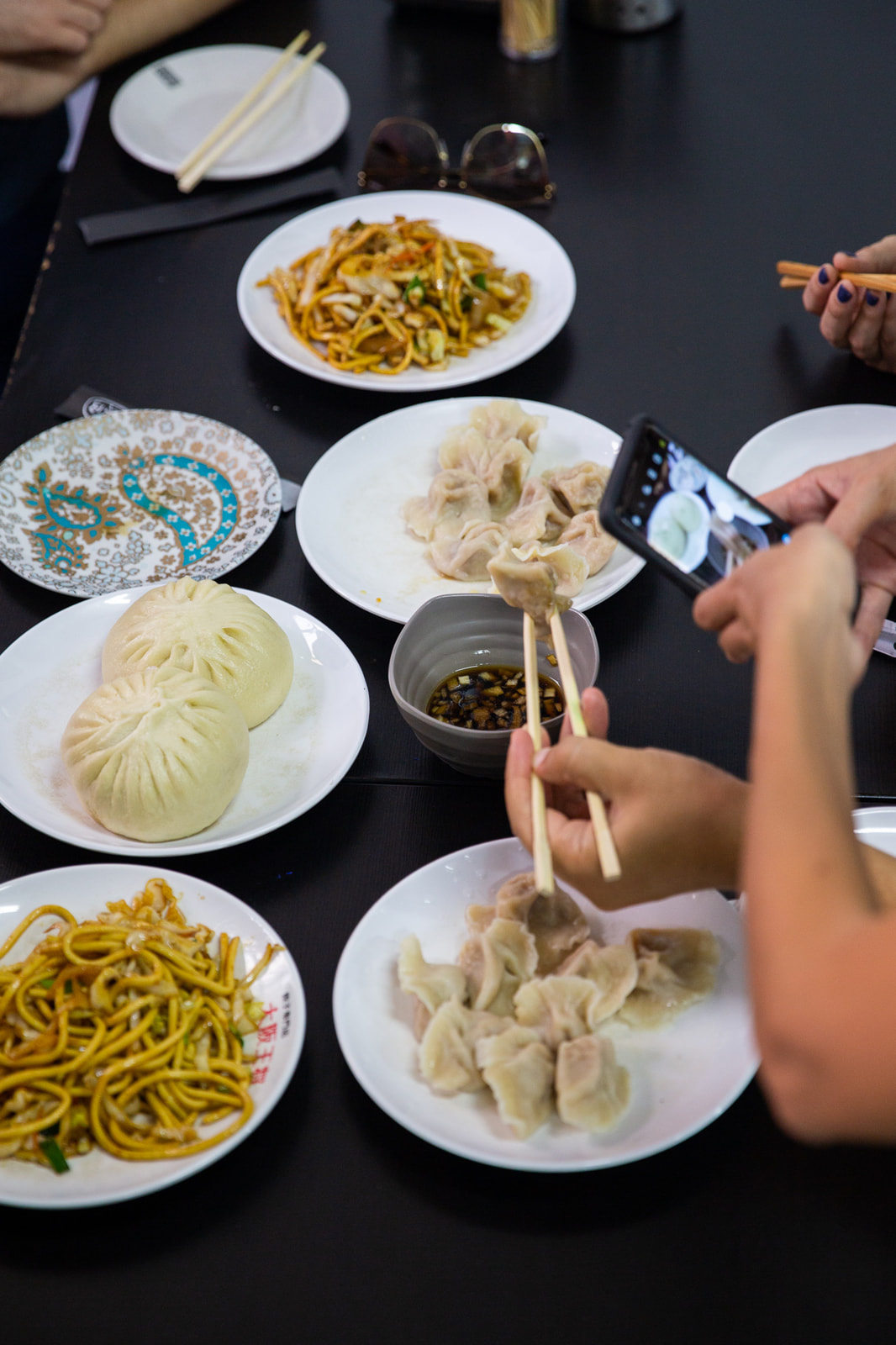
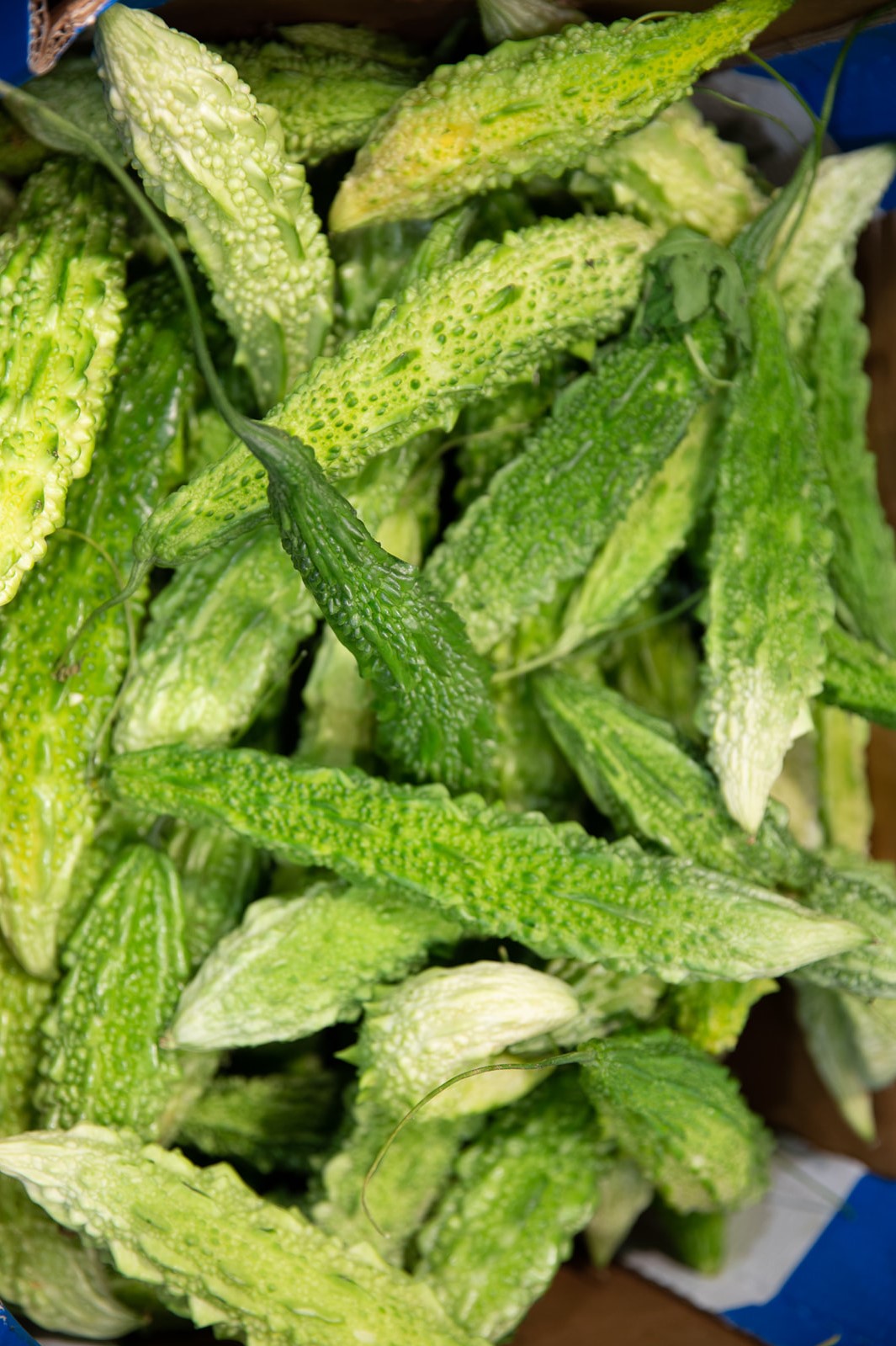

Maoz Yinon’s Tour of Nazareth
Food takes people places; sometimes even ones they might be intimidated by in other circumstances. Tour guests can follow the food, as trays laden with delicacies entice them and each stop feels like a comfortable haven in an unfamiliar place. Various food tours in cities with mixed Arab and Jewish populations, like Jerusalem, Haifa and Akko, and even Nazareth, aim to create an unmediated connection and help tear down the walls. “Food is only an excuse,” says Maoz Yinon of the Fauzi Azar Inn in Nazareth. During his tour participants eat and taste, of course, but what he really curates is local stories, told in the first person by the city’s protagonists. “It is a story of pain, challenges, and difficulties, but it is also optimistic, hopeful and of course, delicious,” he says. The personal charisma of the business owners and storytellers is inspiring and exciting, and the face-to-face meeting allows us to set labels aside, at least for a while.
Nurit Poran’s Akko Tours
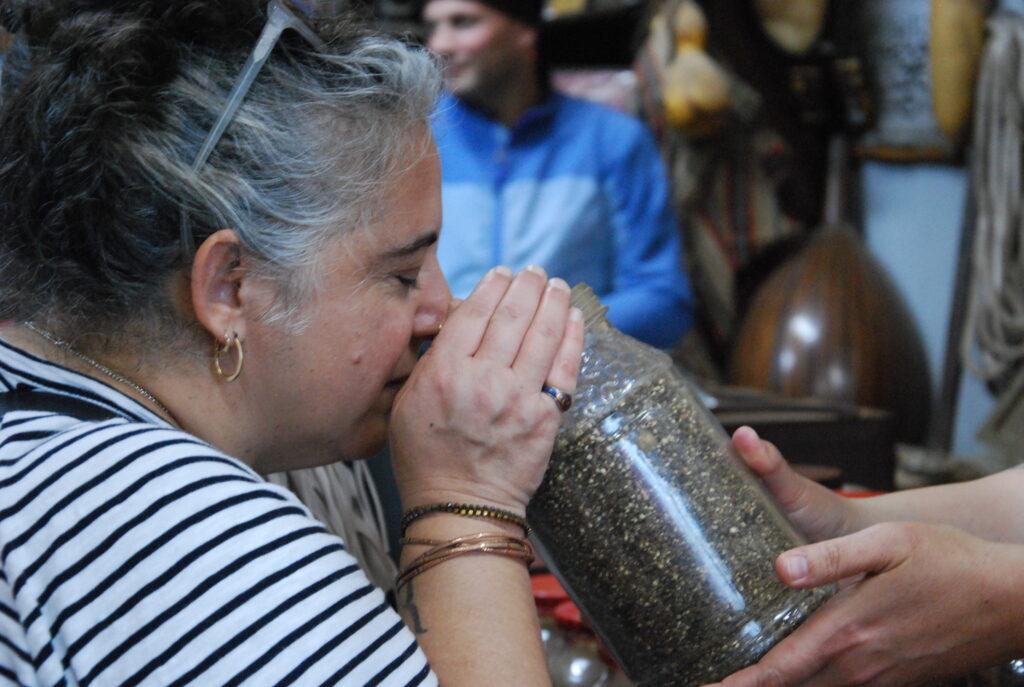
People are also the main focus of Nurit Poran’s tours, which are an introduction to the best restaurants and shops in Akko’s market. “I’ve known Akko since I’ve known myself – and with the tours, everything fell into place. I composed them primarily around the people I knew, around the history and culture. Shedding a light on less known food that is harder to find,” she says. Poran wants to share the joy and passion of the market’s people. Family loyalty, romance, and heroism — behind each stop there is a rich story that makes everything even tastier (and that’s a challenge!). And the unmediated encounter between Poran, the group, and the cooks creates a safe, happy space.
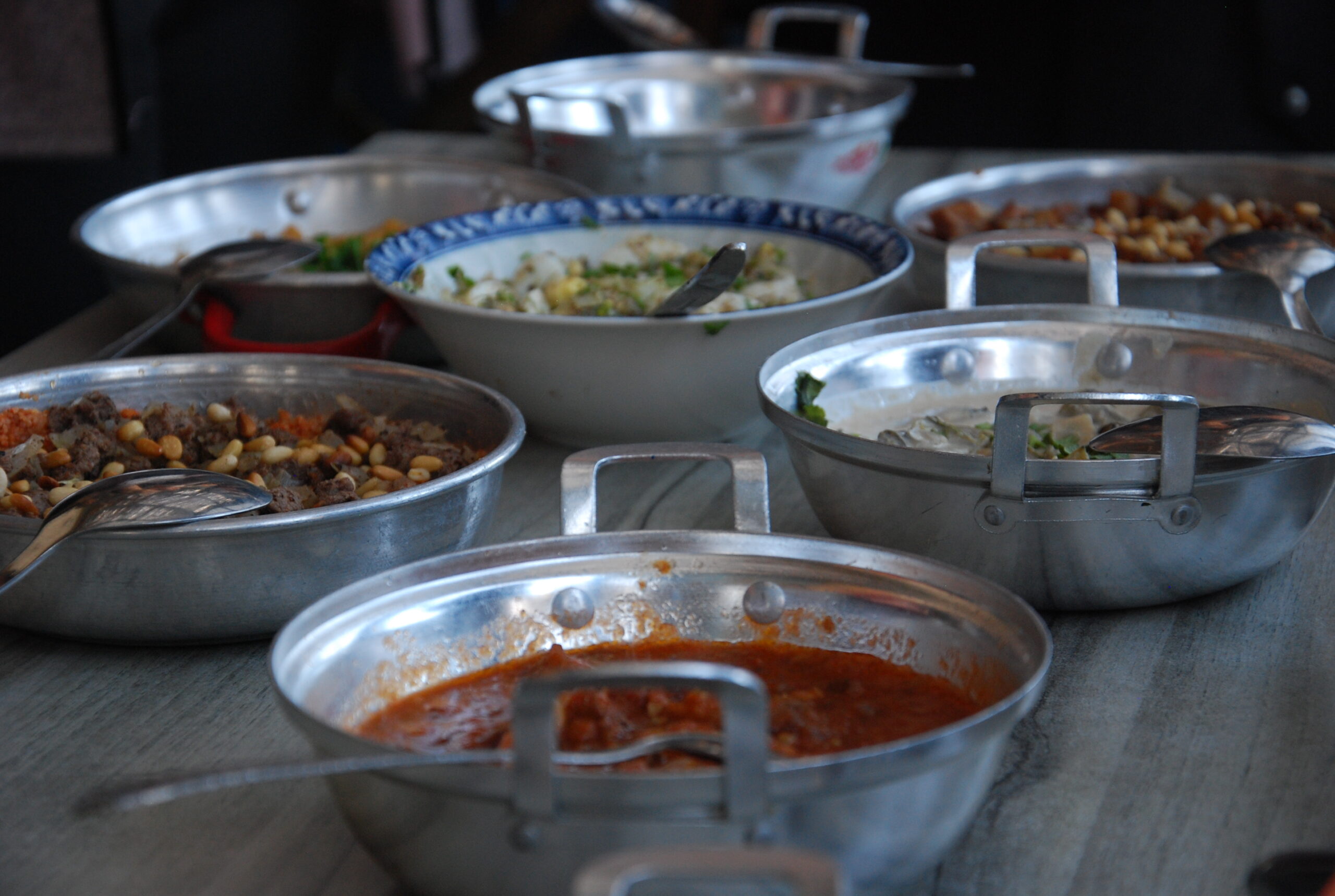
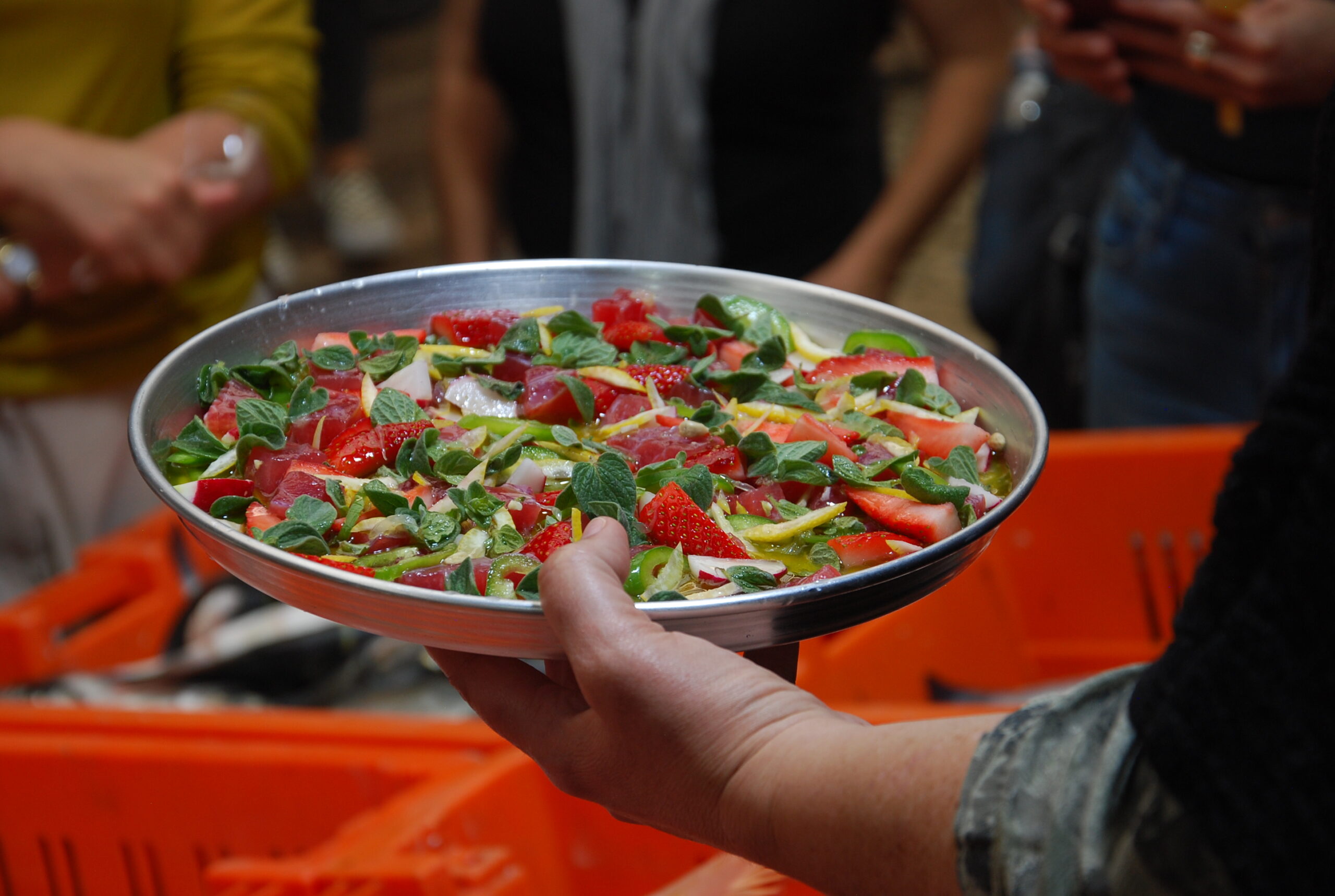
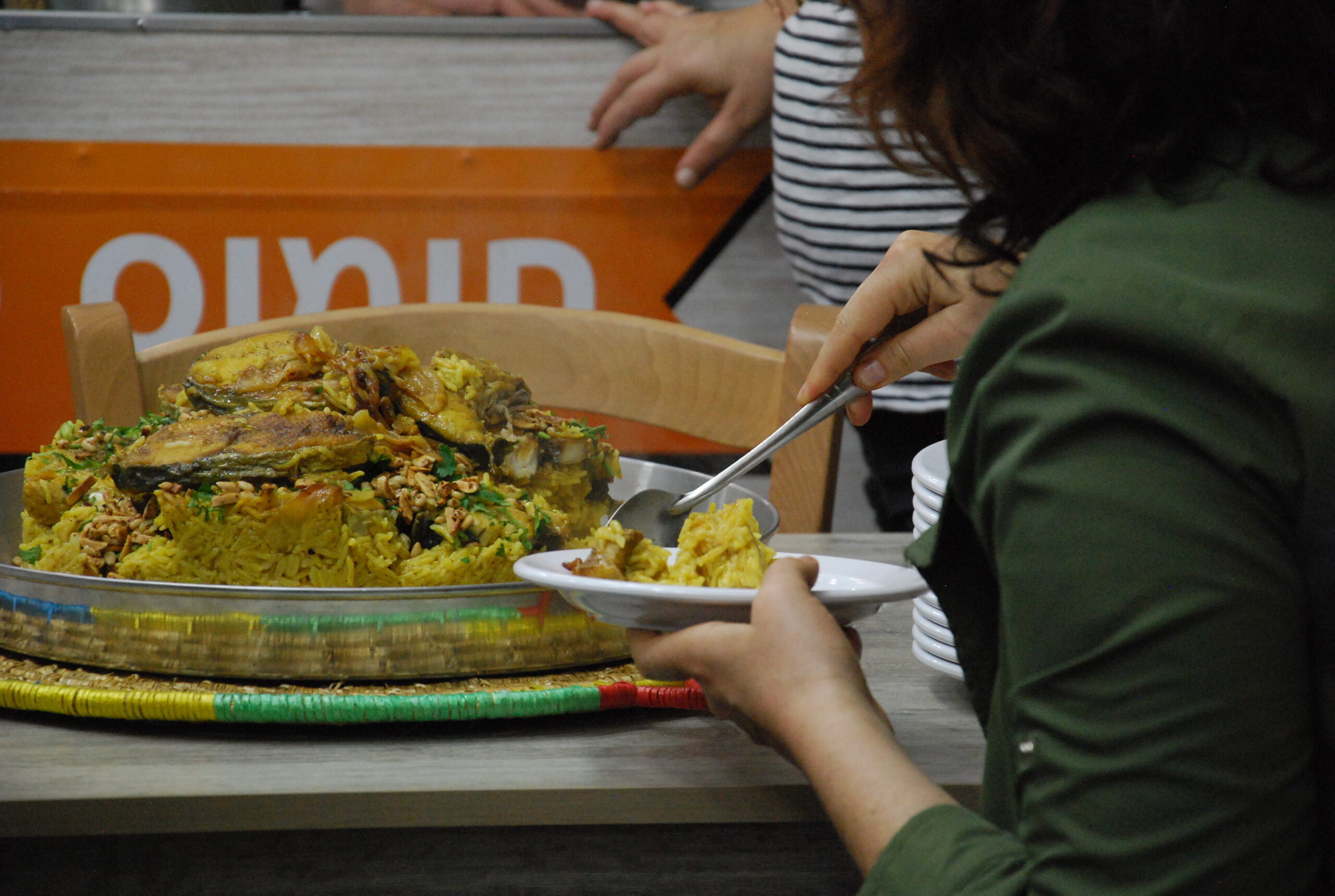
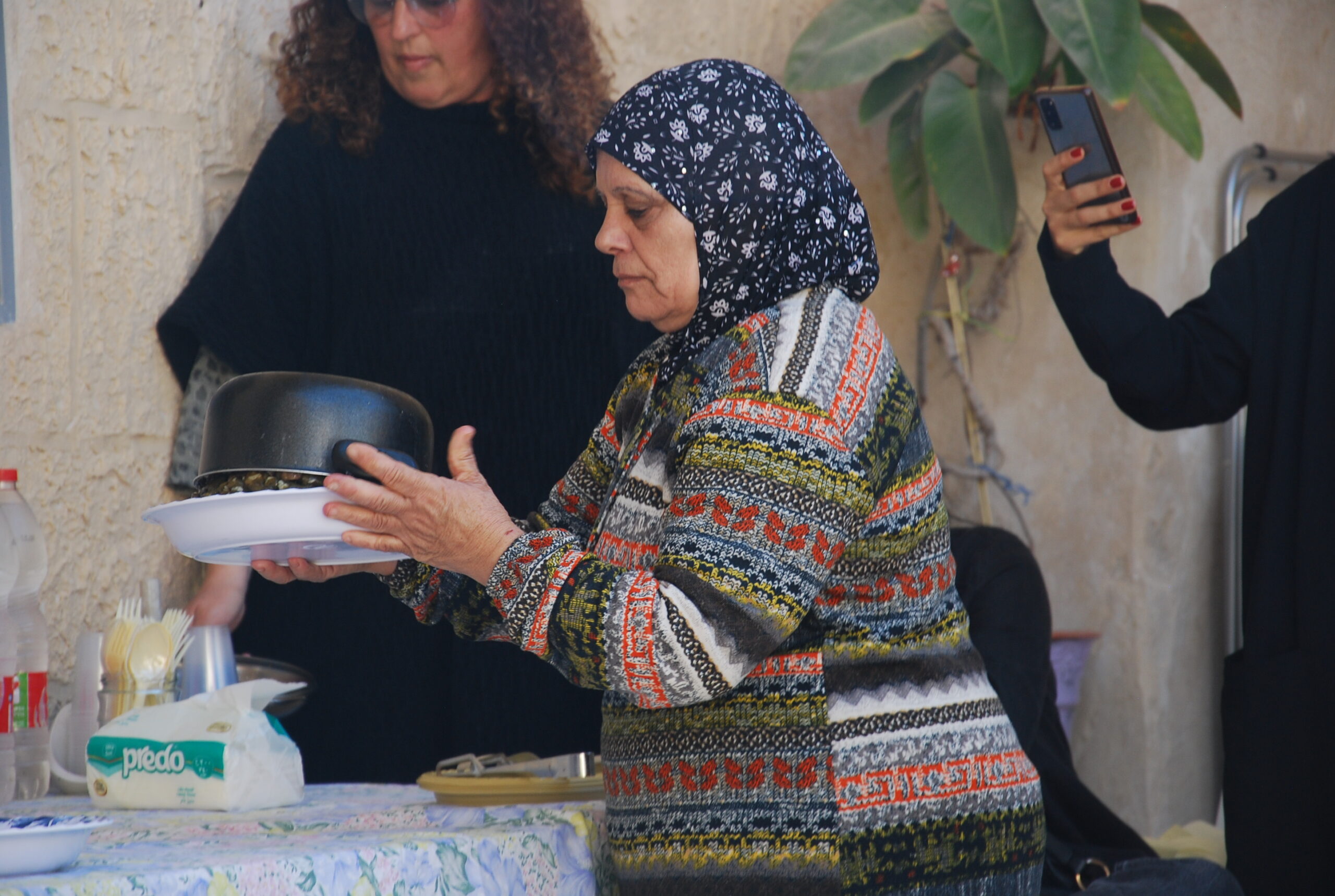
Beyond being highly gifted artists of flavor, the women at the center of this tour are pioneers — women who use cooking and hosting to provide for their homes are a relatively new, welcome phenomenon, especially among groups that are, or are considered to be, conservative. Poran’s way of blending human stories with flavors is truly uplifting, and it is undoubtedly her personality that makes the difference.
Southern Israel With Adi Rozen
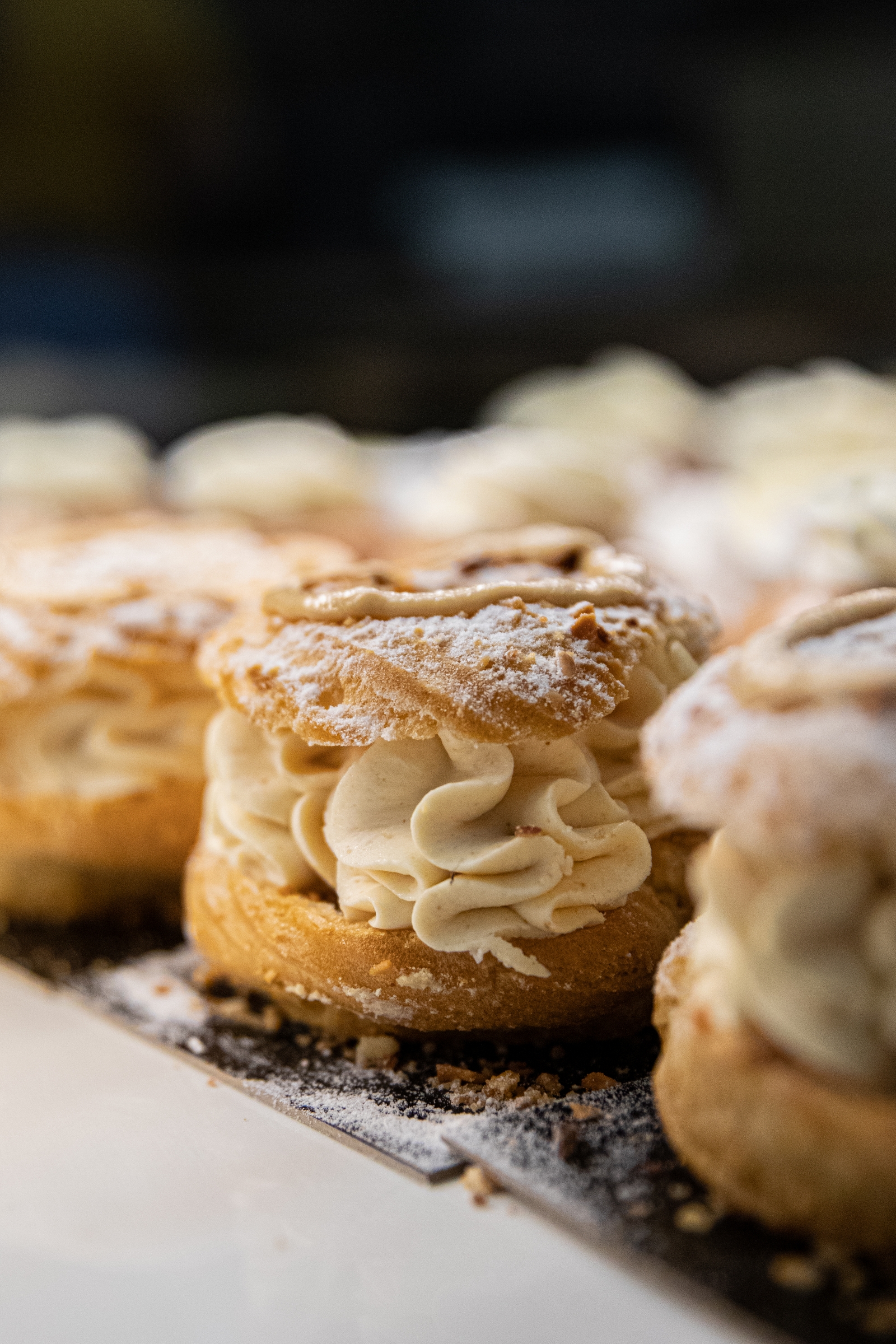
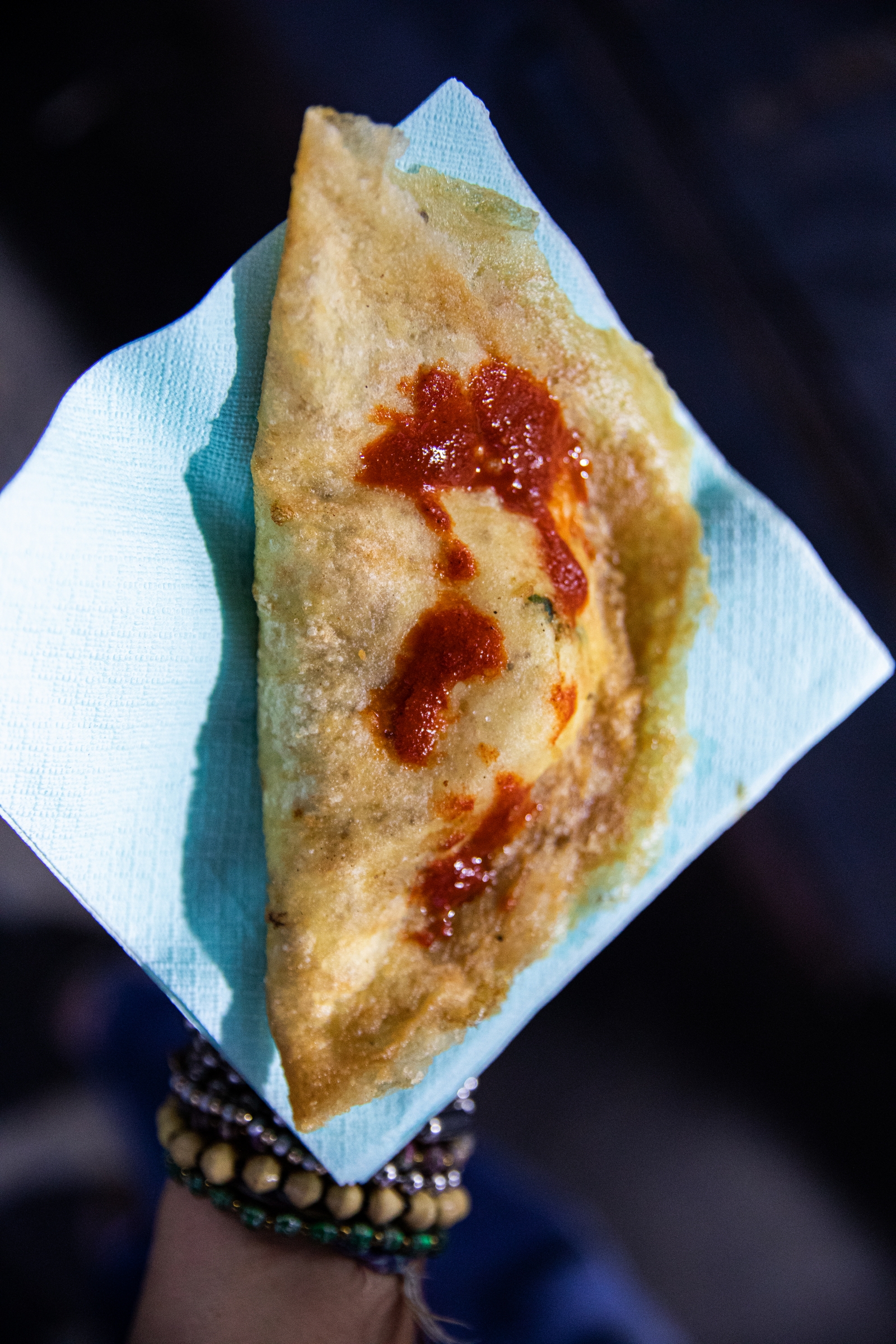
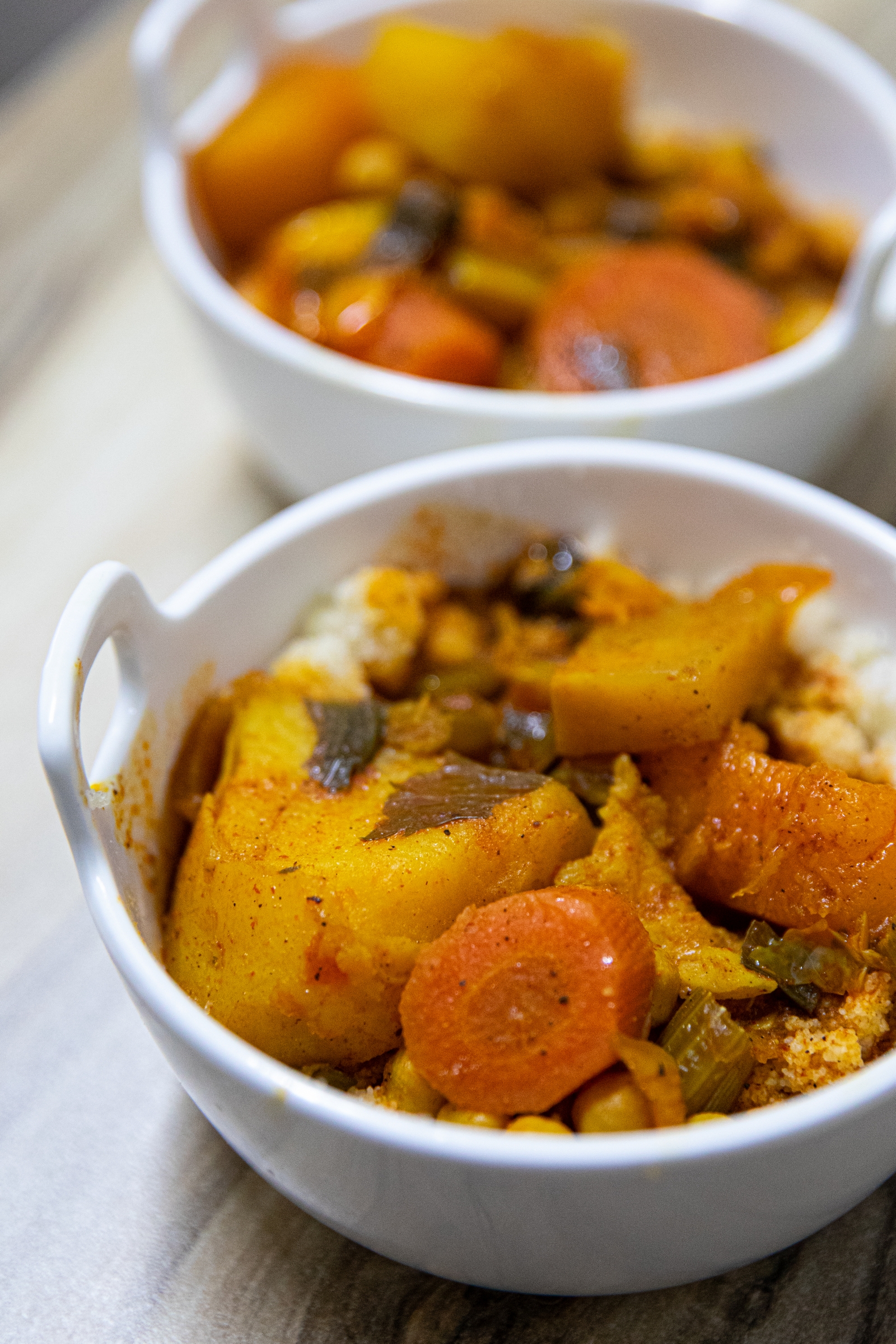
Adi Rozen lives in Netiv HaAsara in southern Israel where years of missile shootings drove visitors away. Rozen felt exasperated whenever she heard people speak of the area with condescension, pity, or fear. That changed when, during a tour in Tel Aviv’s Carmel Market, she came to understand the power of food to represent the diversity and richness of a place or culture. In her case, it helped her become the ambassador of her beloved home region. The cities of Ashdod, Ashkelon, Netivot, and Sderot are blessed with a delightful mosaic of kitchens, and for each, Rozen has built a tour that best expresses its uniqueness and charm.
On her Sderot tour, for example, she explains that it’s a youthful city, whose nightlife is enriched by its large population of students; it has many artist residents and an outstanding knafeh. Her tours stop at bakeries, restaurants, shopping centers, and even private yards. She likes to work music and musicians into them, saying: “We sit in the yard of Haïm Ulliel from the Sfatayim band, hear how many artists came out of this small place, and eat harira soup.”
Exploring Jerusalem With Nurit (Nura) Hertz
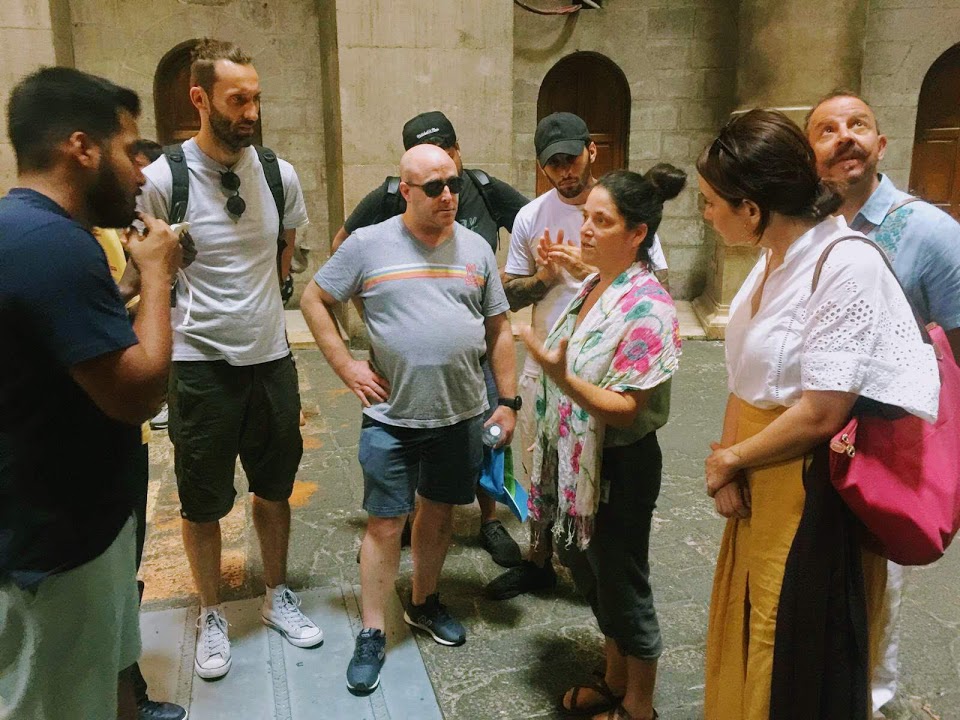
Nurit (Nura) Hertz has been a tour guide for more than 20 years. She is fascinated with history and culture, and her curiosity, passion, and knowledge are reflected in her tours — whether it’s one through the Old City of Jerusalem, focusing on the Christian and Muslim quarters, or another that starts in a colorful East Jerusalem market and continues west to a Hasidic neighborhood, which feels entirely different.
She enriches her tours with talk of the interplay of culture, culinary culture, and language, She shares details like the word lehem (Hebrew for bread) and lahma (Arabic for meat), which refer to the staple food in their respective cultures of origin: lehem came from an agricultural culture, in which wheat was the most common food, while lahma is a remnant from a culture of nomadic herders, who ate mostly meat. The tours also track the origin of various ingredients, for example, where did kashk (“yogurt stone”) and sumac come from? Hertz also expands on this in wonderful foraging tours she conducts in the Judean Hills.
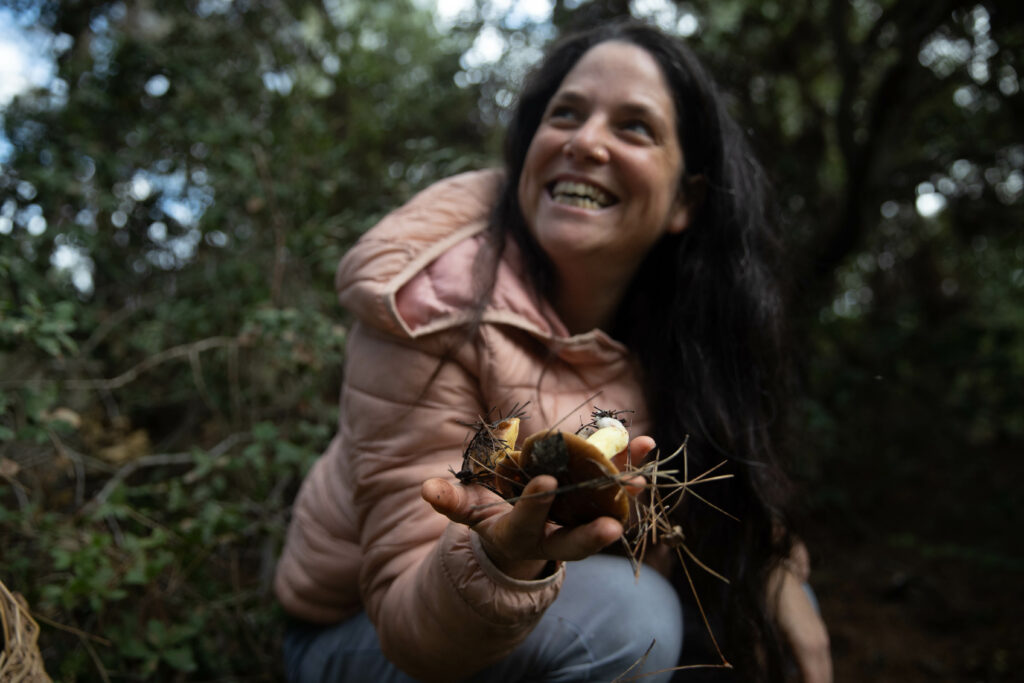
An East Jerusalem Tour for Chefs With Eyal Asulin
Eyal Asulin brings restaurant teams and those with a serious passion for food on geo-political culinary tours around the Damascus Gate and East Jerusalem. At one stop on the route, Asulin sheds light on how the food culture of East Jerusalem came under siege when the state was established. When borders to Egypt, Jordan, and Lebanon closed, raw ingredients could no longer be imported from those countries.
On his tour you will meet an old merchant, who still makes karkada — a Hibiscus juice with ancient Egyptian origins — and whose single wish is to preserve this knowledge. The implications of the Ottoman occupation and later, of the British Mandate, are felt in the various culinary stops, and keep echoing for participants days after the tour.
Erez Golko’s Strolls Through Wadi Nisnas in Haifa
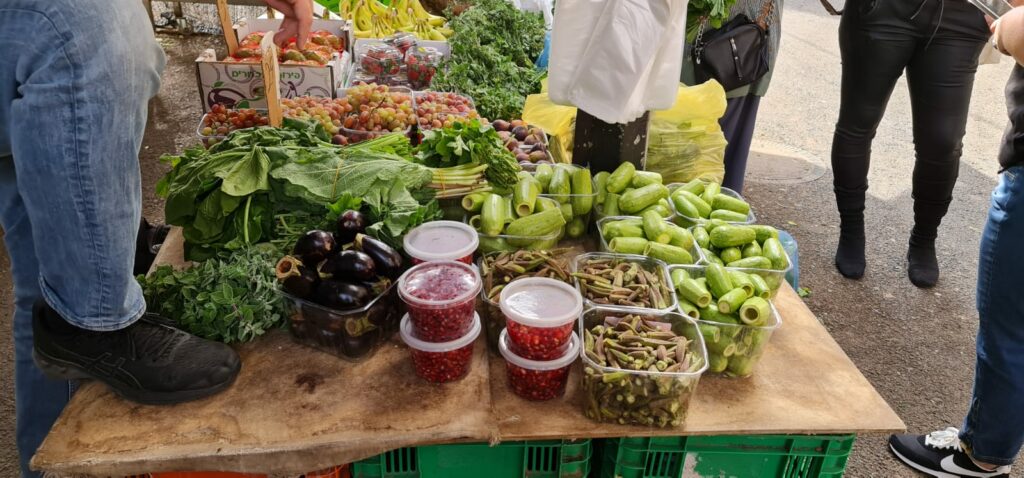
These culinary tours provide participants a lens through which to examine the rich culture and complicated reality of each market, neighborhood or city, and often offer more insight than we might gain from visiting a place on our own. Erez Golko’s tours through Haifa’s Wadi Nisnas reveal another important point: the influence of culinary tours on the local food culture. Since Golko fell in love with the Wadi and started sharing it with others, it has flourished with returning visitors and loyal customers, and meaningful relationships have formed between them and the shop owners. His tours inspired additional guides and tours, and breathed new life into an area that is crucial to the local culinary scenery.
